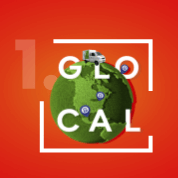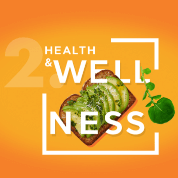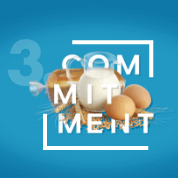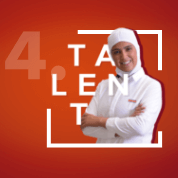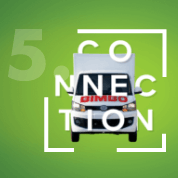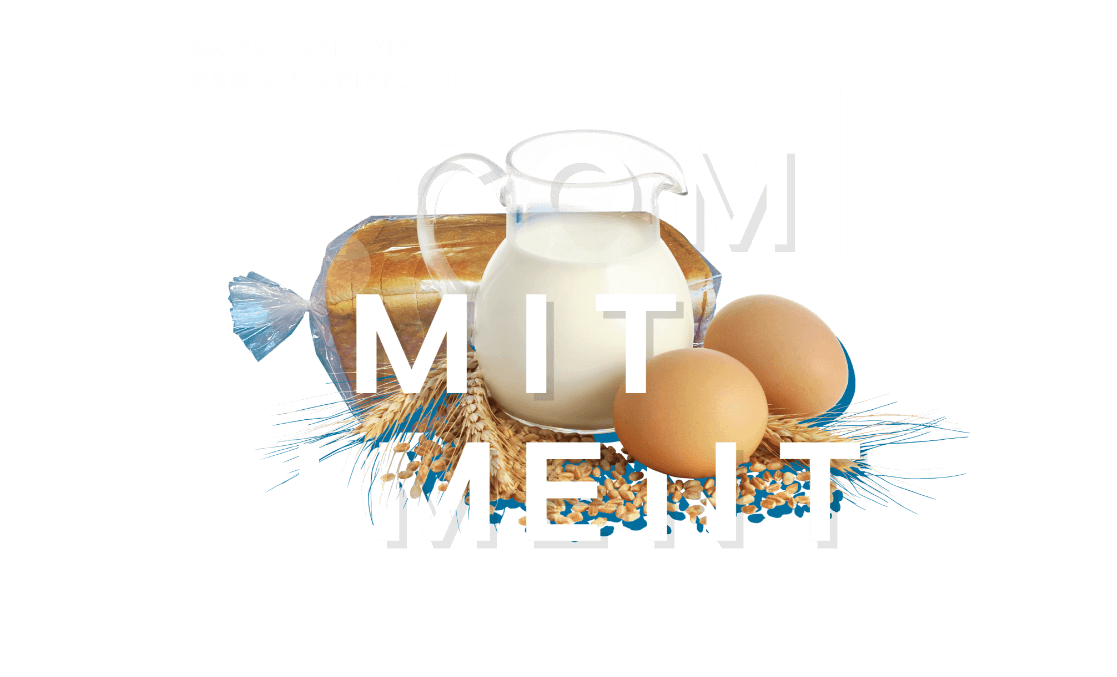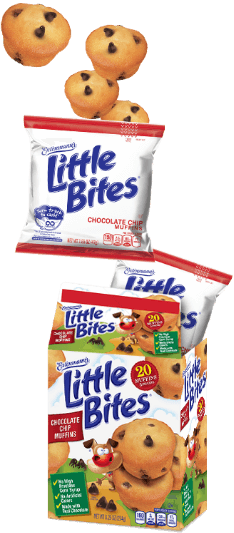MATERIALS
We seek from design, the material use reduction and the selection of recyclable materials by applying new technologies in our value chain.
WE HAVE REDUCED
+446,000 KILOS
OF PLASTIC IN OUR
PACKAGING, ACHIEVING
A TOTAL OF
3.3 MILLION KGS
IN THE LAST 10
YEARS.
DESIGN
The purpose of this strategy is to reduce the material used, maintaining its technical properties to protect our products. In the case that these materials were not to be totally recycled, the goal is to achieve a lower environmental impact.
With this same purpose in mind, we continue working to reduce and recycle wastes generated during our production processes, and also on circular economies regarding the supply of secondary packaging for raw materials. In addition, we support government, agency, and industry efforts aimed at motivating post-consumption recycling.
During 2019 we continued developing technologies aimed at the maximum reduction of the amount of plastic used in our packaging, thereby ensuring the quality and safety of our products. Some of the achievements made through these efforts are:
- The USA was able to reduce the thickness of its packaging by 10%, for bread brands Arnold, Brownberry, Bimbo, and Freihofer’s.
- Argentina reduced the thickness of its packaging by 10% for white bread, and hamburger and hot dog buns for Bimbo and Fargo brands.
- Spain achieved a 9% reduction in packaging thickness for Bimbo white bread.
- Chile was able to achieve a 33% reduction in the packaging used for Rapiditas Ideal tortillas.
- Central America had a 30% reduction in the thickness used for packaging its Bimbo tortillas.
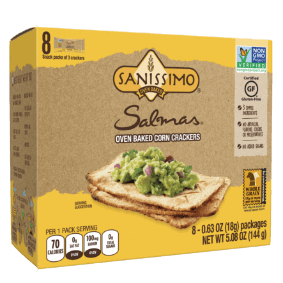
2025 GOALS
ENSURE THAT 100% OF OUR
PACKAGING IS RECYCLABLE,
BIODEGRADABLE,
OR COMPOSTABLE
BIODEGRADABLE TECHNOLOGY
Thanks to this initiative, there has been a reduction in the use of 3.3 million kgs of plastic packaging to date. This is equivalent to the non-emission of 5,500 tons of carbon dioxide.
Vital is the first compostable*
bread package in Latin America.
* As per standard EN13432
In addition, in 2019 the d2w© technology was relaunched, which enables the outdoor biodegradation of our polyethylene and polypropylene packaging, under standard ASTM 6954-18. This technology is approved by different worldwide universities and research centers, such as Clermont University, in France. That same year, the first compostable packaging for bread in Latin America was launched under the Vital brand, making it possible for the packaging to decompose with organic wastes and biodegrade according to standard EN13432, using either household or industrial composting systems.
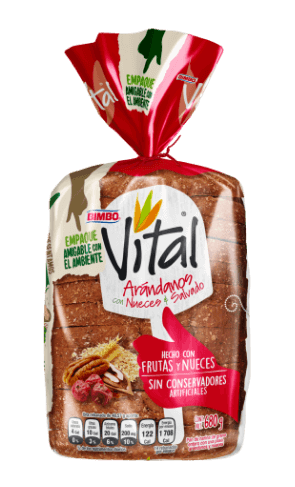
RECYCLING IN OUR
PRODUCTION PROCESSES
At Grupo Bimbo, we foster reduction and recycling action throughout our value chain, to achieve at least 90% of waste recycling in all our operations worldwide. In 2019 we surpassed this goal through 92.5% reuse of our wastes, a 6% increase over figures for 2018, thanks to the following:
Likewise, we have implemented circular economy projects wherein we return packaging raw materials to be reintroduced into the production flow, in addition to creating alliances with packaging suppliers having post-industrial recycling practices as part of their processes.
ZERO
WASTES SENT
TO LANDFILLS.
9 PLANTS MORE
THAN 2018
PLANTS OVER
80% RECYCLING
10 PLANTS MORE
THAN 2018
PLANTS COMPOSTING
OF SLUDGE PRODUCED
BY WATER TREATMENT
PROCESSES
WASTE REDUCTION
OF TOTAL WASTE
PER TON OF
PRODUCTION
We managed to consolidate the 20% reduction
in waste generation per ton produced
POST-CONSUMPTION RECYCLING
We firmly believe that alliances and collaboration are crucial to developing strategies that produce value to materials and their recycling. Therefore, in our operations we encourage participation in post-consumption programs.

WE PARTICIPATED IN
DIFFERENT COLLECTION
PROGRAMS TO PROMOTE
POST-CONSUMPTION
RECYCLING.
- In Mexico, we have been active participants in ECOCE a not-for-profit environmental association that was created under the auspices of the consumer product industry to better management of packaging and other material waste
- USA: Our plants participate -in collaboration with TerraCycle©- to promote recycling of our packaging in the country, during 2019, we participated with the packaging of Little Bites
- Canada: We were involved in five post-consumption recycling initiatives within the Stewardship program, where 2,350 tons of plastic were recovered
- Europe, We participated in Ecoembes in Spain and Punto Verde in Portugal, to promote post-consumer collection and recycling processes
- Brazil, we are part of the Dê a Mão para o Futuro program, known as DAMF, in coordination with more than 214 associates, to promote recycling in 22 municipalities. It has been possible to recover 533 thousand tons of packaging for recycling through 2013 to 2019
CAPITAL

Our suppliers’ commitment to compliance with our environmental strategy is of paramount importance to us. From the moment they are onboarded, we share with them our code of conduct and that it is mandatory to follow it. Said code covers subjects regarding ethics, anti corruption legislation, food quality and safety, as well as working conditions and environmental standards.
In 2019 we conducted a materiality evaluation worldwide on agricultural supply chains for Grupo Bimbo, with the purpose of identifying regional products and priorities related to economic, environmental, and social impacts. To better understand said priorities, we consulted with NGOs, customers, business organizations, scientific institutions, suppliers, and internal stakeholders. When the participants were asked which products they deemed most important for Grupo Bimbo, palm oil was considered number one among all the stakeholders, with soy coming in second.
a materiality
evaluation
worldwide
on agricultural
supply chains.
ALL STAKEHOLDERS
- HEALTH & SAFETY
- CHILD LABOR
- FORCED LABOR
- EQUALITY FOR WOMEN
- MINIMUM WAGE
- DEFORESTATION
- WATER MANAGEMENT
- AIR QUALITY
- DESTRUCTION OF INDIGENOUS VEGETATION
Source: Materiality of agricultural supply chains carried out in 2019
IMPACTS, RISKS AND CLIMATE ACTIONS BY SUPPLIERS
As part of the strategy aimed at eliminating deforestation in our supply chain, in 2019 we joined the Forest program of the CDP Supply Chain, whose purpose was to gather information on raw material production and processing, namely soy, paper and cardboard, and to promote actions against deforestation among suppliers.
Beyond simply gathering data on raw materials, the aim of the initiative is to raise awareness, train, and develop suppliers, so as to increase their level of resilience in the face of impacts related to deforestation issues.
PAPER AND CARDBOARD
In 2019 the responses from our principal paper and board suppliers were collected and analyzed regarding certification systems. Stemming from this data, gaps and opportunities for collaboration between them and us were identified, so as to be able to continue progressing towards full compliance with our commitment.
For the coming years, the approach for the supply chain initiative will center on communicating the best practices in the market regarding this and other subjects, as well as on risks and opportunities regarding the prevention of deforestation.

Sustainable agriculture is one of our driving forces as a company,
and therefore we work with strategic suppliers
on the implementation of our Global Agriculture Policy.

